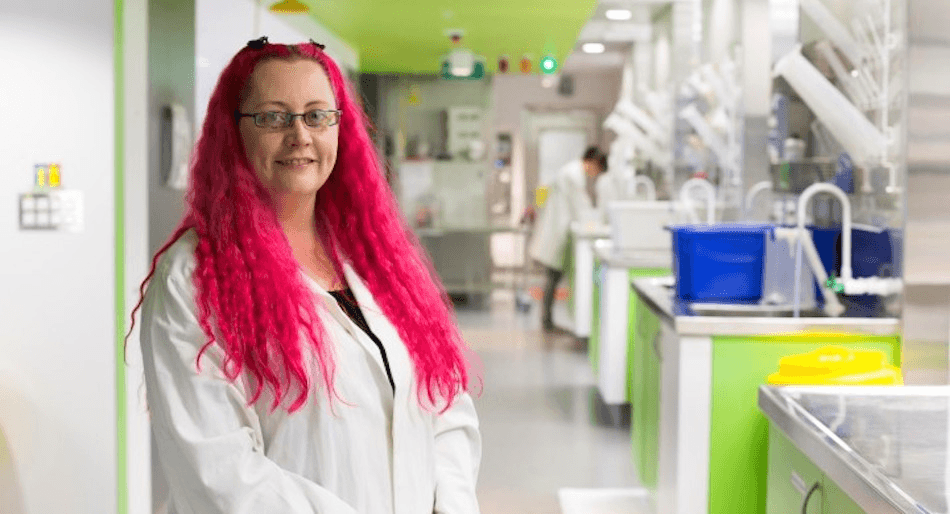Siouxsie Wiles on the vitriolic correspondence she’s received since the Covid-19 outbreak struck, and the realities of communicating evidence.
I recently received an email and text from someone telling me they are planning to email my boss, the University of Auckland vice chancellor. They are going to ask for me to “be brought before the University of Auckland Human Participants Ethics Committee” for my “continued failure to recommend the use of face masks” to stop the spread of Covid-19.
They go on to say that this makes me “grossly irresponsible, negligent and deserving of formal censure by the University”. This isn’t the first time I’ve been contacted by this person in the last few weeks, and it turned out it wasn’t the last.
When I got their text, I didn’t quite understand why they wanted me censured by the university’s human ethics committee. But they explained their reasoning in the email. They believe that my public statements around the use of masks – I’ve endeavoured as best I can to explain both the advantages and potential disadvantages around mask wearing – have been “instrumental in creating and supporting” an experiment in which the “people of New Zealand are unwittingly involved”. And that makes me a “complicit” and “unethical experimenter” even if I’m not actually running the experiment myself.
One of my jobs as a scientist and science-communicator is to read studies, understand and evaluate the evidence, and then be able to explain it to you. With Covid-19 we are trying to understand a virus and disease we’ve never encountered before. That means some of the studies and evidence we are using to make decisions on are based on viruses like influenza and the coronavirus that caused SARS. But those viruses are not responsible for Covid-19.
In less than two weeks, two men have accused me of personally being responsible for all the deaths that are going to happen in New Zealand from Covid-19. Today's one signed his email 'With best wishes'. Hate to see his worst wishes.
— Dr Siouxsie Wiles (@SiouxsieW) April 4, 2020
In other words, there are many gaps in our knowledge. No one would deny this. Some of those gaps are due to decades of underfunding of infectious diseases research. And some are because the experiments are almost impossible to do. But now that the virus responsible for Covid-19 – SARS-CoV-2 – can be grown in the lab, researchers all around the world are desperately trying to fill in as many of those gaps as they can. Others are using mathematical models to understand the pandemic and how it is playing out in different countries as they do different things to try to bring the virus under control.
Meanwhile clinicians and public health researchers are documenting what happens to their patients. Sadly, that data becomes more complete and more useful the more patients there are. The results of all these studies are being published at a speed never seen before. Thousands have appeared since January.
Associate Professor Bill Hanage is an epidemiologist at Harvard. He has a good way of explaining what’s happening with Covid-19: we are having to build the plane at the same time as flying it. We are all making judgements and decisions based on the evidence at hand and on our values. But that doesn’t mean that we aren’t prepared to change our minds as new evidence comes in.
Which brings me back to the reason why I haven’t been advocating for everyone in New Zealand to wear a face mask. Toby Morris and I are working on something exploring this in more depth now. There are clearly good reasons to wear a face mask. But there are also good reasons not to. And understanding those doesn’t make me grossly irresponsible or negligent. Like so much in life, things often turn out to be more complicated than we think.
